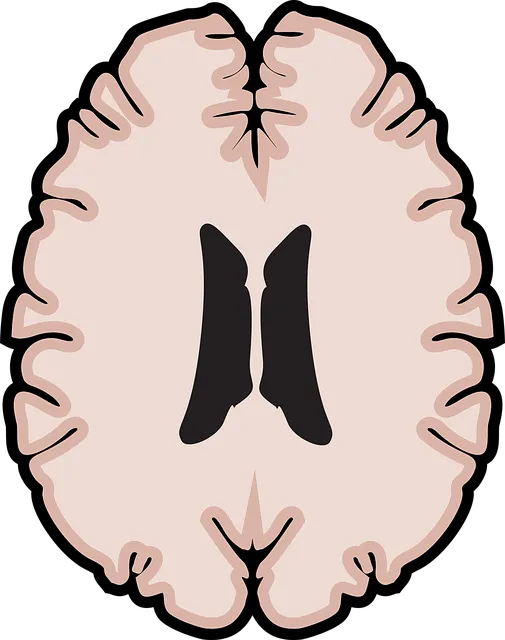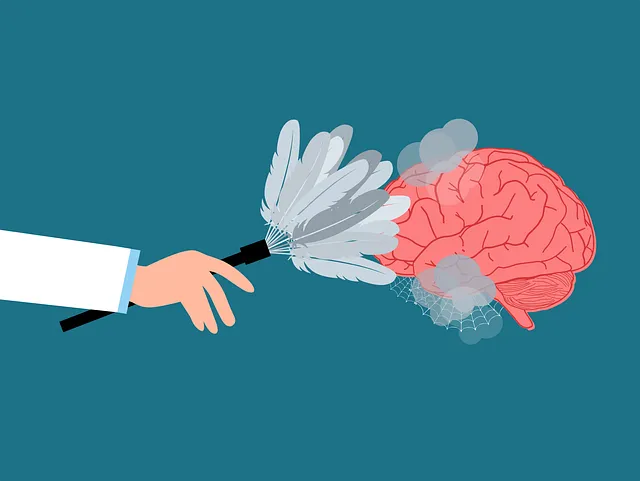Westminster Kaiser's crisis intervention team (CIT) training is a key component of their comprehensive mental health programs, focusing on practical skills for de-escalating high-risk situations. This holistic approach combines technical training with positive thinking and stress management techniques to enhance emotional resilience. Specialized programs emphasize cultural competency, risk assessment, and evidence-based practices like mood management, preparing professionals to handle diverse crises effectively in healthcare settings. Through realistic simulations, teams build confidence and resilience, ensuring they can deliver compassionate care during genuine mental health emergencies.
“In today’s complex landscape, effective crisis intervention is paramount in mental health care. Westminster Kaiser recognizes this critical need and has pioneered comprehensive training programs designed to equip professionals with the skills to navigate high-pressure situations. This article explores the essential role of Crisis Intervention Teams (CITs), delving into Westminster Kaiser’s innovative approach, the benefits of specialized training, and practical strategies like simulation drills. By understanding these programs, we can enhance mental health support systems.”
- Understanding Crisis Intervention Teams: A Vital Role in Mental Health Care
- Westminster Kaiser's Approach to Training Programs: Key Components
- Benefits and Impact of Specialized Crisis Intervention Training
- Preparing for Real-World Scenarios: Simulation and Practice Drills
Understanding Crisis Intervention Teams: A Vital Role in Mental Health Care

Crisis Intervention Teams (CITs) play a vital role in mental health care, offering immediate support and guidance during times of crisis. These teams are designed to de-escalate high-risk situations, providing essential resources and interventions for individuals facing severe emotional distress or psychological crises. At Westminster Kaiser mental health programs, we recognize the critical importance of CIT training.
By equipping professionals with effective Communication Strategies and Stress Management techniques, our CIT training empowers individuals to make a tangible difference in their communities. Through comprehensive instruction, participants gain the skills needed to recognize warning signs, initiate conversations, and offer appropriate support for those grappling with mental health challenges, including depression prevention.
Westminster Kaiser's Approach to Training Programs: Key Components

Westminster Kaiser’s approach to crisis intervention team training programs is renowned for its comprehensive and holistic nature. These programs prioritize equipping participants with not just technical skills, but also emotional resilience. The mental health programs focus on fostering Positive Thinking and Confidence Boosting techniques that empower individuals to handle high-pressure situations effectively.
The key components of Westminster Kaiser’s training include in-depth discussions on stress reduction methods, mindfulness exercises, and practical simulations designed to enhance problem-solving skills. By combining theoretical knowledge with hands-on experience, these programs ensure that team members are prepared to offer immediate and impactful support during crises.
Benefits and Impact of Specialized Crisis Intervention Training

Specialized crisis intervention training plays a pivotal role in equipping mental health professionals with the necessary skills to navigate and de-escalate high-stress situations effectively. Programs like those offered by Westminster Kaiser Mental Health Programs go beyond general healthcare provider training, focusing on intensive, practical education. This tailored approach ensures that practitioners gain proficiency in crucial areas such as emotional regulation, risk assessment, and cultural competency.
By participating in these comprehensive programs, professionals become better equipped to respond sensitively to a diverse range of clients, fostering safer and more supportive environments. The impact is far-reaching, leading to improved patient outcomes, enhanced job satisfaction, and more effective crisis management within healthcare settings. This specialized training acts as a powerful tool in the mental health arena, enabling professionals to make a profound and positive difference in people’s lives during their most vulnerable moments.
Preparing for Real-World Scenarios: Simulation and Practice Drills

Preparing for real-world crises requires training that mirrors the intensity and unpredictability of actual situations. Simulation exercises and practice drills are integral components of Westminster Kaiser’s mental health programs, offering a safe space to confront and navigate complex scenarios. These interactive sessions equip crisis intervention teams with the skills needed to handle diverse challenges, from managing agitated individuals to de-escalating high-risk situations.
Through realistic role-playing, participants gain valuable experience in applying evidence-based practices such as mood management techniques, conflict resolution strategies, and resilience building. By repeatedly practicing these interventions, team members become more confident in their ability to respond effectively, ensuring that when they encounter genuine crises, they are well-prepared to deliver efficient and compassionate care.
Westminster Kaiser’s comprehensive mental health programs emphasize crisis intervention team (CIT) training as a cornerstone of effective care. By integrating key components such as evidence-based practices, realistic scenario simulations, and ongoing support, these programs prepare professionals to handle crises with confidence and compassion. The benefits are clear: improved patient outcomes, enhanced teamwork, and a more resilient mental health ecosystem. Through specialized CIT training, Westminster Kaiser leads the way in fostering healthier communities and ensuring that those in need receive the timely, competent care they deserve.






